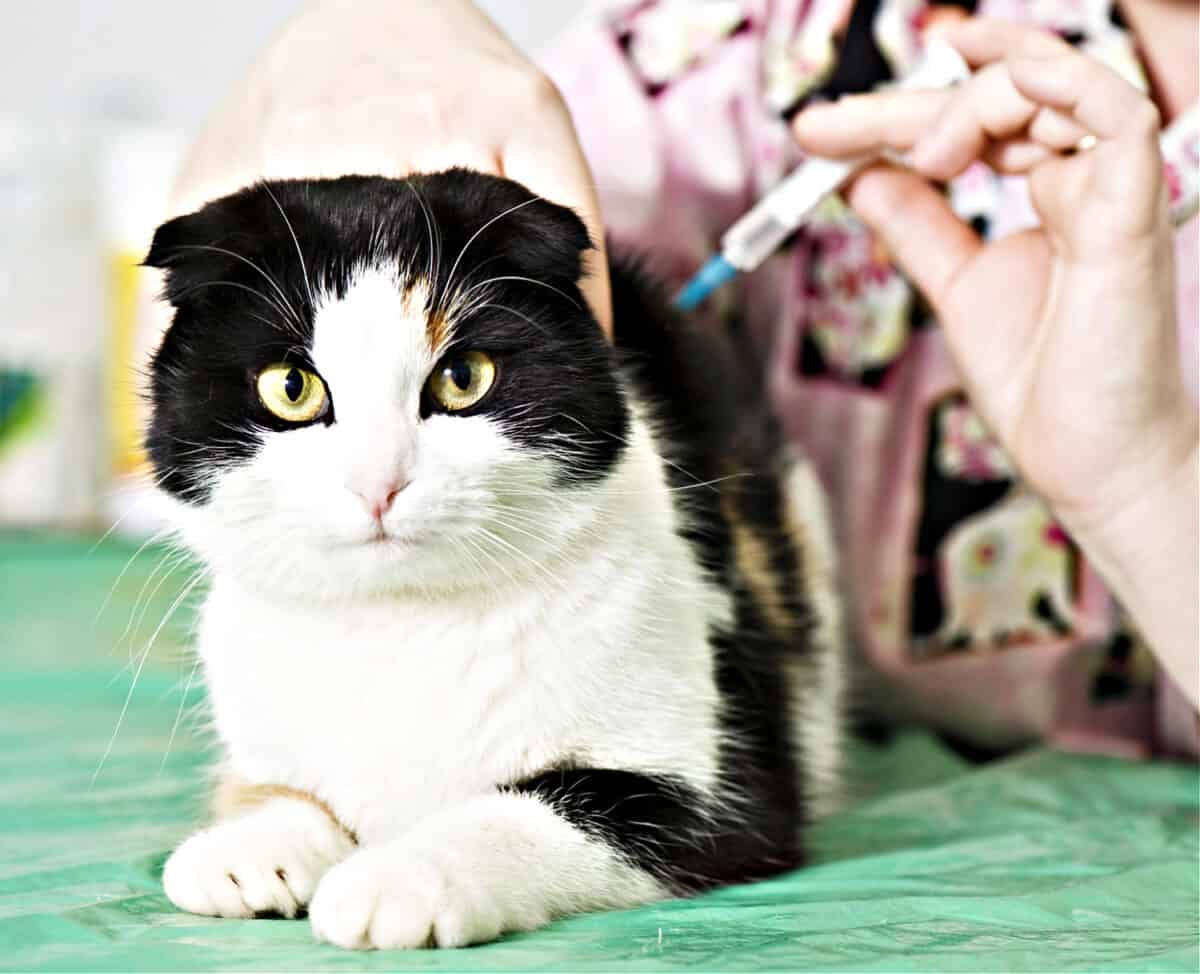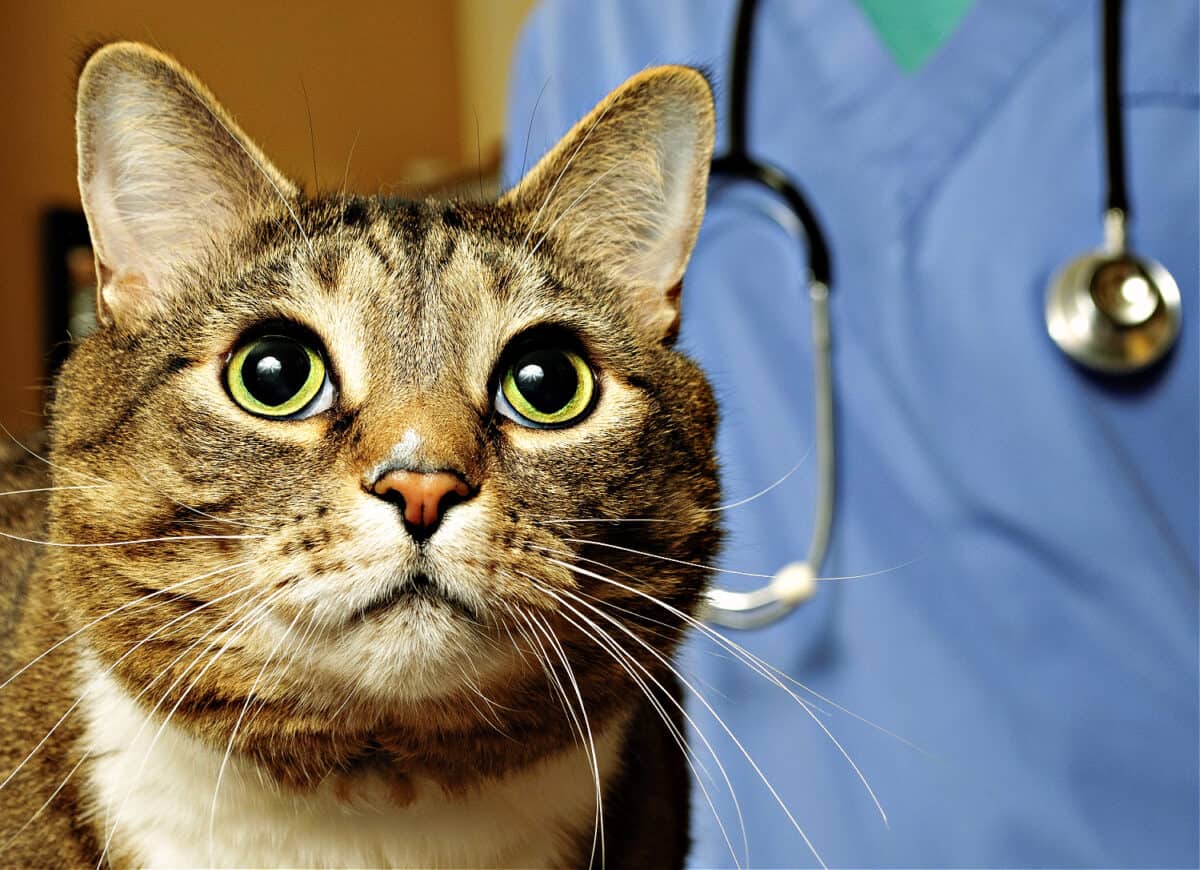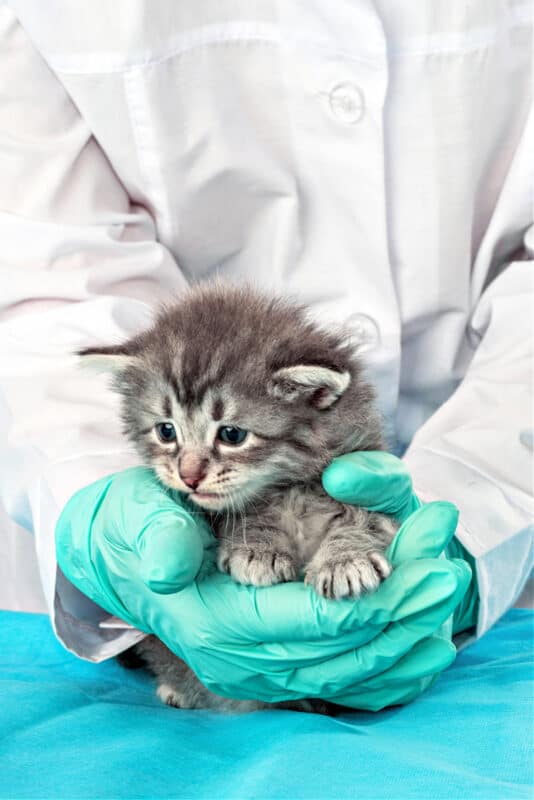Is your cat strictly indoors? If so, you might be wondering: Do indoor only cats need rabies shots? This article aims to explore this common question many cat owners face.
Rabies, an often deadly disease, stirs fear in us. But how likely is it for your homebound kitty to be exposed to this virus? The connection between rabies and our feline companions is a complex one, and many factors come into play.
We'll dive into the risk factors associated with rabies, understanding its nature and transmission methods. We'll also touch on the changing perspectives on the rabies vaccine, including its potential side effects.
There's no doubt that we want to protect our cats from harm. However, are we possibly putting them at risk with a vaccination they might not need? Or are we exposing them to potential danger by forgoing the shot?
In the subsequent sections, we'll take a closer look at the official recommendations, legal requirements concerning the rabies vaccine, and the potential consequences of having an unvaccinated cat.
By the end of this article, you'll have a clearer picture of the rabies risk for indoor cats. You'll also be better equipped to make an informed decision for your feline companion.
So, let's get to the heart of the matter - do indoor cats really need rabies shots?

Why Is Rabies So Dangerous?
The rabies virus is extremely virulent. It enters a mammal's body through a bite, making its way through the nervous system until it reaches the brain. Once that happens, there's no going back.
Despite all our efforts, the most advanced anti-viral protocols are not very effective. Even when doctors manage to save a patient's life, the neurological damage is irreversible.
Of course, these protocols are only applied to humans. In animals, rabies is always 100% fatal, and sick animals are put to sleep.
Rabies is also especially dangerous because it's a zoonotic disease: A sick dog or cat can infect a human. The virus is transferred through biting. Although it could theoretically infect another victim via scratching or even the licking of an open wound.
Rabies In Cats
Did you know that in the US cats are the pet most associated with rabies? According to the CDC, "Cats accounted for 61.1 percent (272/445) of the rabid domestic animals reported in 2014, a 10.12 percent increase compared with the 247 reported in 2013."
This is not because cats are somehow more susceptible to the virus. It's simply that the other common pet, the dog, is less likely to roam the streets unattended.
Therefore, less likely to come in contact with wildlife. Also, dogs are usually up to date on their rabies shots.
This brings us to the topic at hand:
Rabies Vaccinations For Cats: An Overview
Fortunately, we have a very effective vaccine against rabies. Dogs and cats that receive their rabies shots are virtually immune to the virus. They don't get sick and therefore won't spread the disease to humans.
Unfortunately, the rabies vaccine is a suspected trigger of vaccine-associated sarcoma (VAS) in cats. VAS is also referred to as feline injection-site sarcomas or FISS.
It is a form of malignant tumor that some cats develop at the site of injection. While rare, this aggressive cancer became a major concern once the connection with vaccines was established in the 1990s.
The Role Of Adjuvants In Vaccines
At some point, it was believed that VAS was triggered by the adjuvant in certain vaccines, specifically rabies and FeLV vaccines. An adjuvant is a substance - usually aluminum salts - added to vaccines to ensure an effective immune reaction.
Since the rabies vaccine is so important, an effort has been made to develop a safer version for cats. The result is the recombinant rabies vaccine which is manufactured by Merial and called Purevax®.
This advanced vaccine is generally considered a safer and gentler way to introduce the virus to the immune system.
The Effectiveness And Safety Of Purevax
At least one study shows the new Purevax vaccine is less likely to cause VAS, although it's probably not 100% risk-free. Merial now offers a new version of the Purevax vaccine that lowers the frequency of booster shots.
According to the manufacturer, a booster shot is required in the year following the first dose of the vaccine. After that, vaccinating a cat once every three years is enough. That means overall the cat will be getting fewer rabies shots during his/her lifetime.
Keep in mind that recent findings established that VAS is more rare than was believed a couple of decades ago. According to The American Association of Feline Practitioners (AAFP), the risk is probably lower than one in every 10,000 doses of vaccines administered to cats.
What's more, it's now believed that the adjuvant is not at fault and that any kind of injection - not only vaccines - can trigger VAS.

Reducing The Risk By Changing The Site Of Vaccination
Veterinarians used to inject vaccines into a cat's back or thighs. The AAFP's Advisory Panel on Vaccines now recommends that veterinarians administer vaccines in the legs, as low on the leg as possible. T
his way, should the cat develop a tumor at the injection site, it will be easier to remove the tumor, and in the worst-case scenario, to remove the entire limb. For the rabies vaccine, the AAFP recommends injecting below the right stifle, as low on the leg as possible.
Some veterinarians now choose to inject vaccines into the tail. Dr. Letrisa Miller,
MS, DVM, a feline-only veterinarian who owns and operates the Connecticut Feline Medicine and Surgery clinic, told us that she has been administering vaccines in the tail region for the past year and a half.
"It has been shown that the injection is just as effective and that most cats tolerate injection in the tail well", Dr. Miller said.
"In the unlikely event that the vaccine was to cause cancer, it is a site where it will be detected easily and early and where surgery to remove the mass is more likely to be successful and without having to cause loss of a limb", she added.
SIGN UP FOR THECATSITE'S EMAIL UPDATES >
Are Indoor Only Cats At Risk For Rabies?
The short answer is yes. Even though you are greatly reducing the risk of rabies by keeping your cat safely indoors, he or she may still encounter a rabid wild animal.
Wild animals can enter your home. Bats, for example, are known carriers of rabies in many areas. All it takes is a small bite while Kitty is trying to hunt down the invader.
In many cases, the owner may not even be aware that the cat was bitten. In some cases, there is little evidence left to even indicate a bat has even been inside the home.
Also, some indoor-only cats do get outside occasionally. They slip out when the door is open and return a few hours later. There is no way to know which animals the cat had come in contact with while roaming outside.
According to Dr. Letrisa Miller, there have been at least two cases of entire families being exposed to rabies by older indoor-only cats in the United States in the last two years.
No one has any idea how the cats were exposed. However, everyone that came into contact with them had to be treated.
So, while the risk is smaller for an indoor-only cat, it still exists. If you can't be absolutely sure that Kitty will never encounter wild or unvaccinated animals, it would be safer to vaccinate your cat.
Rabies Vaccinations For Cats: The Official Veterinary Recommendations
The American Association of Feline Practitioners (AAFP) issued the following recommendations about rabies vaccinations. They suggest vaccinating cats wherever rabies is endemic in any local species or where legally required.
The American Veterinary Medical Association supports vaccinating all cats against rabies, regardless of their living conditions or where they are in the US. While they recognize the need for a medical exemption for some pets, they also state:
Because rabies continues to be a significant public health issue, waivers should not be issued arbitrarily upon client request and should be based upon clinical evidence that the animal would be at considerable risk of being harmed by the vaccine because of a diagnosed medical condition.
Vaccinating Cats Against Rabies - Legal Requirements
The laws regarding rabies vaccinations for cats vary from country to country and between US states. In some states, rabies vaccines are regulated at the county level. Your veterinarian knows what the legal requirements are for rabies shots for cats in your area.
According to the AVMA, the following US states currently have mandatory rabies vaccines for cats: Alabama, Alaska, Arizona, Arkansas, Colorado, Connecticut, Delaware, District of Columbia, Florida, Idaho, Indiana, Kentucky, Louisiana, Maine, Maryland, Massachusetts, Mississippi, Nebraska, Nevada, New Hampshire, New Jersey, New Mexico, New York, North Carolina, Oklahoma, Pennsylvania, Rhode Island, Tennessee, Texas, Vermont, Virginia, Washington.
These states have varying demands when it comes to vaccination protocols. Some states require annual rabies shots. While others opt for once every three years, and some just suggest following the protocol set by the vaccine manufacturer.
Again, this list may not be up to date and should not be taken as legal or medical advice. Please check with your veterinarian to see what's needed where you live.

What If Your Unvaccinated Cat Bites Someone?
When we asked TheCatSite members whether they vaccinate their cats against rabies, another argument came up in favor of vaccination: What will happen if your cat ever bites anyone?
The CDC calls for a 10-day quarantine protocol whenever a healthy dog or cat bites a person. If the animal shows no signs of sickness during the 10 days, it's released back home.
In many areas, if the cat is fully vaccinated, that 10-day period can be spent at home. However, a bite from a cat that's not current on rabies shots is more likely to incur a full quarantine away from home. This is a far less desirable situation for many reasons.
In fact, animal control officers or health departments can also require quarantine of unvaccinated cats for up to 6 months if they have a wound of unknown origin.
What's more, if an animal shows any signs of sickness, the health department has the right to order an unvaccinated pet killed in order to be tested for rabies.
There is no recognized testing that can be done on live animals to determine if they do or do not have rabies.
If that's not enough to deter you from not vaccinating your cat, consider the costs of rabies shots for humans. Treatment can be very expensive and run between $4,000 to $10,000 per person.
If an unvaccinated cat exposed someone to rabies or causes someone to need post-exposure treatment due to a bite, the owner is generally responsible for the costs.
So, Should I Get My Cat Vaccinated Against Rabies?
All cats should be protected against rabies - for their own benefit as well as that of the owners. That includes indoor-only cats in areas where rabies is endemic. What's more, being vaccinated against rabies can save your cat's life if he or she ever bites anyone.
Talk to your veterinarian about rabies prevention. Find out about local laws and regulations and discuss a vaccination protocol based on your cat's lifestyle and the area where you live.
If your cat needs to be vaccinated, ask your vet about the new AAFP's guidelines about the location of the shot. Discuss the frequency of the shots as well. Opting for a three-year vaccine reduces the overall risk for adverse reactions.
You may prefer to try a new adjuvant-free vaccine, so talk to your cat's veterinarian and find out if they carry it.
We hope the information in this article helps you make an informed decision about the rabies vaccine. Help us promote responsible cat ownership by sharing it with your friends, too, and don't forget to leave a comment and let us know what you think about the rabies vaccine for cats.
SIGN UP FOR THECATSITE'S EMAIL UPDATES >
For more information on vaccines and cats:
Cat Vaccinations: A Quick & Useful Guide
Vaccine-Associated Sarcoma In Cats
Note: We may get commissions for purchases made through links on this page.




43 comments on “Do Indoor Only Cats Need Rabies Shots?”